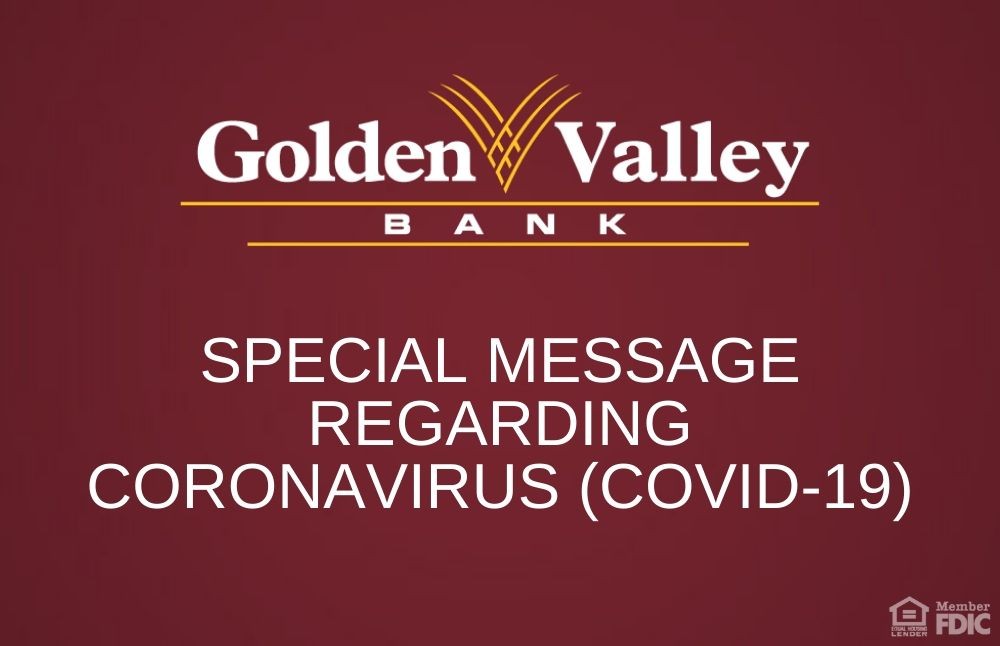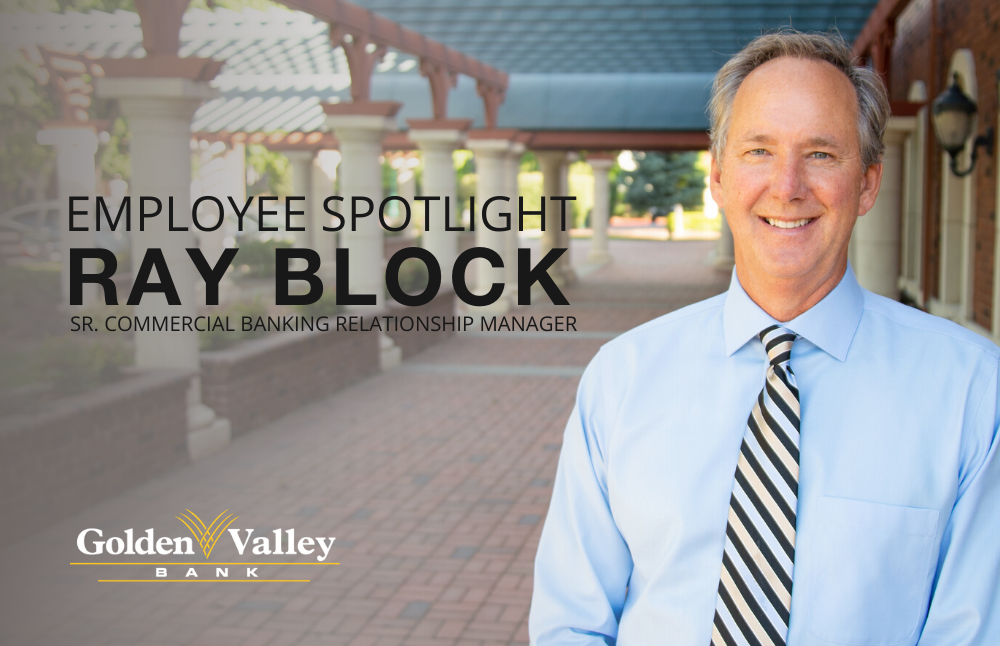Be aware of recent coronavirus scams trying to take advantage of the economic support bills. The Department of Business Oversight (DBO) also urges consumers and investors to be alert to scams and unlawful activities in the investment and other financial services industries.
Loan Modification and Foreclosure Scams
[4/20/2020]
Stimulus Check Security
As stimulus checks arrive, we want you to stay aware of fraudulent activity. The United State Treasury has implemented security measures directly on the physical check to prevent false information from being distributed.
[4/14/2020]
COVID-19 Cyber Alert
On March 6, 2020 the Cybersecurity and Infrastructure Security Agency (CISA) released an alert reminding individuals to remain vigilant for scams related to Coronavirus Disease 2019 (COVID-19). Cyber actors may send emails with malicious attachments or links to fraudulent websites to trick victims into revealing sensitive information or donating to fraudulent charities or causes. Exercise caution in handling any email with a COVID-19-related subject line, attachment, or hyperlink, and be wary of social media pleas, texts, or calls related to COVID-19.
CISA encourages individuals to remain vigilant and take the following precautions.
- Avoid clicking on links in unsolicited emails and be wary of email attachments
- Use trusted sources—such as legitimate, government websites— for up-to-date, fact-based information about COVID-19.
- Do not reveal personal or financial information in email, and do not respond to email solicitations for this information.
- Verify a charity’s authenticity before making donations. Review the Federal Trade Commission’s page on Charity Scams for more information.
- Review CISA Insights on Risk Management for COVID-19 for more information.
[4/9/2020]
Loan Modification and Foreclosure Scams
Homeowners facing foreclosure should be aware of these common scams:
Deed-Transferring to Third Party
Scammers have told homeowners that by transferring the deed to their home to a third party, they will no longer be responsible for their mortgage payments. This is NOT true. Transferring a title does not relieve a borrower from their mortgage payments. Scam artists often ask for up-front fees to make the deed transfer and promise to rent the house back to the homeowner until the homeowner can afford to buy the house back. If you are facing foreclosure, investigate payment options with your mortgage servicer and do NOT sign your property away.
Intentional Default
Scam artists urge homeowners to not pay their mortgage in order to get a loan modification. While there is no right to a loan modification, the terms and standards for a loan modification are always determined by the mortgage loan servicer – no one else. If you are having difficulty making mortgage payments, you should contact your mortgage servicer directly or contact a HUD certified counselor (888-995-4673) for help.
Banks, credit unions, and mortgage lenders and servicers also have agreed to allow homeowners impacted by the COVID-19 pandemic to delay or reduce their mortgage payments for up to three months.
Lending Scams
Advance Fee Scams
The DBO encourages consumers in need of cash to avoid advance fee scams in which fraudulent companies promise loans if a consumer pays a substantial up-front fee first. Do NOT pay anyone asking for upfront/advance fees for loan modification services or mortgage forbearance services. Contact the California Department of Real Estate (DRE) immediately at 877-373-4542. Advance fees for loan modifications are NOT legal in California. In addition, collecting late fees is prohibited while a loan modification application is under review, a denial is being appealed, or a borrower is making timely payments.
Investment Related Scams
The DBO encourages investors to be wary of investment schemes promoting cures in connection with the current public health emergency, or other investment opportunities related to the economic downturn. Schemes may attempt to convince investors to liquidate their savings or sell their current holdings to purchase overvalued assets, assets that come with very high fees or assets of uncertain or questionable value, such as cryptocurrencies or precious metals.
Pension Advance Scams
The scam involves investors who provide funds to make cash advances and pensioners who are willing to turn over future pension payments in exchange for an immediate lump sum cash payment.
Opportunity Zones
An Opportunity Zone is an economically distressed community where new investments, under certain conditions, may be eligible for preferential tax treatment. These types of investments are available only through a Qualified Opportunity Fund (QOF). A QOF may invest in property or a business located in an opportunity zone. Investors considering these investments should consult with their qualified tax adviser because of the complex tax implications. Just because the property is located within an opportunity zone does not automatically make it a good investment. To the contrary, opportunity zones are economically distressed areas which pose additional risks.
Check Before You Invest
The Department of Business Oversight encourages consumers to check the licensing status of companies prior to transacting business. California consumers should contact the Department to check on the licensing of companies offering loans, investments, or other financial services. This can be done by visiting the Licensee listing on the DBO website or calling the Department's toll-free Consumer Services Office at (866) 275-2677.
How to Protect Yourself:
- Before investing in any investment, ask questions about the risks and fees involved. Conduct your own independent research or seek the opinion of a financial professional who is registered with your local securities regulator.
-
Never invest in something you don’t fully understand. Do not agree to participate in a general partnership or joint venture if you have no specific experience, knowledge or education in the type of business and would have to rely on others’ expertise.
-
Beware of sales techniques that include repeated phone calls, cold calls, or high-pressure sales pitches hyping the profitability of the deal or promising a sure thing.
Do not be fooled by professional-looking websites boasting current productivity levels and profits and featuring photos of new production sites.
Consumers and investors can submit complaints to the DBO at https://dbo.ca.gov/file-a-complaint/
[3/23/2020]
To protect yourself from scams, please know that we won’t ask for confidential information—such as your name, password, PIN or other account information—if we reach out to you.
Here are tips to help you protect yourself from scams, including coronavirus scams:
- Do not respond to calls or texts from unknown numbers, or any others that appear suspicious.
- A text alert warning of suspicious activity on a card will NEVER include:
- Requests for your data such as card numbers, PINs, CV2 Codes, Expiration Date
- Vague reference to a “Merchant” transaction; details should be included
- A link to be clicked. You should never click on a link in a text message that is supposedly from us.
- A text alert from Golden Valley Bank will always be from a 5-digit number and NOT a 10-digit number resembling a phone number.
- A valid notification will provide information about the suspect transaction and ask you to reply to the text message with answers such as ‘yes’, ‘no’, ‘help’, or ‘stop’.
- A text alert warning of suspicious activity on a card will NEVER include:
- Never share your personal or financial information via email, text messages, or over the phone.
- Be cautious if you’re being pressured to share any information or make a payment immediately.
- Scammers often spoof phone numbers to trick you into answering or responding. Remember that government agencies will never call you to ask for personal information or money.
- Do not click any links in a text message. If a friend sends you a text with a suspicious link that seems out of character, call them to make sure they weren't hacked.
- Always check on a charity (for example, by calling or looking at its actual website) before donating.
The FDIC DOES NOT send unsolicited correspondence asking for money or sensitive personal information. Learn More
As a reminder, it makes a difference when you remain vigilant. If something sounds suspicious, question it. It's important that you remain diligent in reviewing your accounts daily and quickly reporting any unauthorized activity to your financial institution.
There is a lot that you can do to protect your own financial accounts and information in order to avoid compromising your own information.
To guard against phishing, don’t click on links in emails or texts. Instead, go directly to apps and sites like the Golden Valley Bank Mobile Banking apps or goldenvalley.bank.
Resources:
California Department of Oversight (DBO)
Federal Trade Commission Website
FDIC Consumer News: Scammers Pretending to be the FDIC






